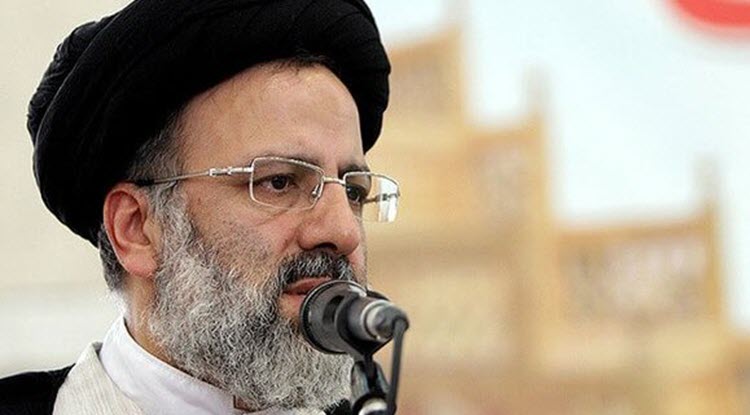
The Iranian regime is facing another crisis because of the pressure surrounding the 1988 massacre, in particular the litigation issues and those calling for justice for the victims.
The text of Khomeini’s decree to the “death commission” has been released.
The founder of the Islamic Revolution ordered: “Those who insist on their stances and beliefs are the enemies and they shall be sentenced to death. The sentence is issued in Tehran by the majority votes of the Messrs. Nayeri (the legitimate Judge), Eshraghi (the Prosecutor of Tehran), and the Ministry of Intelligence. Although caution is consensus, the majority votes of the Judge, the Prosecutor of the Revolution and the Ministry of Intelligence are mandatory in the central prisons of the country and having mercy on the enemies is naivety. The firmness of Islam against the enemies of God is undoubtedly one of the principles of the Islamic system. I hope you satisfy Allah Almighty with your hatred and anger against the enemies of Islam. Those who issue sentence shall not doubt and they have to be hard on the infidels. Any doubt in the Islamic judicial cases means trampling the blood of the martyrs.”
The new candidate for the upcoming presidential elections, Ebrahim Raisi, was a member of the death commission. He has been strongly defended by state-run media, and is even praised for his past role. One outlet said: “If Raisi played a role in the execution of the Mujahedins, this issue is actually an advantage for him.”
The Iranian regime would have preferred the text of the decree to be kept quiet, because it is essentially an order for genocide and mass murder – something which cannot be described as anything but a crime against humanity. There was no ambiguity in Khomeini’s decree – it is explicit and the intentions cannot be denied.
Afkar News, a state run outlet, said: “After the decree was issued, a three-member delegation consisting of the representatives of the Prosecuting General, the Ministry of Intelligence, and the legitimate Judge were assigned to investigate the case and carry out the sentence. The legitimate Judge, Hossein Ali Nayeri; the representative of the Ministry of Intelligence, Mostafa Pourmohammadi; the deputy of Tehran Prosecutor, Ebrahim Raisi; and the Judge of Evin Prison, Morteza Eshragh; are those responsible for investigating the case of the Mujahedins in the prison. Moreover, the Chief of the Supreme Court, Mousavi Ardabili, and the Attorney-General of Iran, Mousavi Khou’iniha, also participated in making the decisions.”
It then spoke about the emergence of some figures from the nineties entering the political scene again, saying that it is making the 1988 massacre headline news again.
It pointed out that many people have tried to discredit Ebrahim Raisi’s nomination as a presidential candidate saying that as someone who has carried out such a horrific crime against humanity he should not be allowed to lead the country. However, many see his participation in the 1988 massacre as proof of his dedication to the Islamic Revolution.
The upcoming elections have just brought the whole issue into the spotlight again and it is now an opportunity for the international community to insist on justice for those that died at the hands of the Iranian regime almost 30 years ago.







